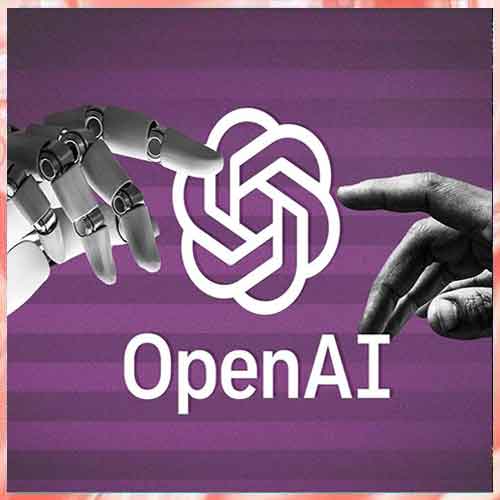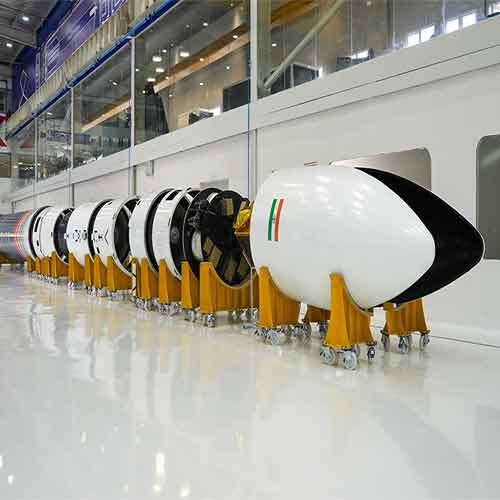
Zuckerberg highlighted that Meta’s AI models are starting to self-improve, bringing superintelligence closer to reality, but emphasized personal empowerment over universal automation as the foundation of Meta’s long-term vision for artificial intelligence
Meta CEO Mark Zuckerberg has unveiled a sweeping new vision for the company’s future in artificial intelligence — one focused not on building a single all-powerful AI, but on creating deeply personal assistants designed to help individuals grow and thrive.
In a blog post published this week, Zuckerberg described the next era of AI as one defined by human-centred intelligence. Rather than pushing toward centralized superintelligence that automates most aspects of life, he said Meta is pursuing tools that act more like companions — tailored to users’ needs, helping them write, create, learn, and make decisions.
Zuckerberg noted early signs that Meta’s AI models are beginning to improve themselves, a development he says places superintelligence “within sight.” But while others in the industry envision a future of universal automation and AI-generated wealth, Zuckerberg emphasized individual empowerment as the core principle of Meta’s approach.
“A more meaningful impact of AI,” he wrote, “will likely come from everyone having a personal superintelligence — one that helps you become the person you aspire to be.”
AI wearables to replace phones
A key part of this strategy includes wearable devices, such as Meta’s smart glasses, designed to integrate AI directly into users' lives. These tools, he suggested, could eventually replace smartphones, offering AI that sees and hears from a first-person perspective and responds in real time based on the user’s goals and habits.
This approach marks a clear divergence from more centralized or corporate-controlled AI models. Still, Zuckerberg acknowledged the risks involved in developing superintelligent systems, particularly around safety and openness. While Meta has made moves to open source its models, he signalled that full transparency may not always be feasible.
Calling the 2020s a “pivotal decade,” Zuckerberg warned that decisions made now will shape whether AI serves as a liberating force — or simply reinforces existing systems of control. Meta, he said, intends to build toward the former, creating AI that walks beside users, not above them.
See What’s Next in Tech With the Fast Forward Newsletter
Tweets From @varindiamag
Nothing to see here - yet
When they Tweet, their Tweets will show up here.




























